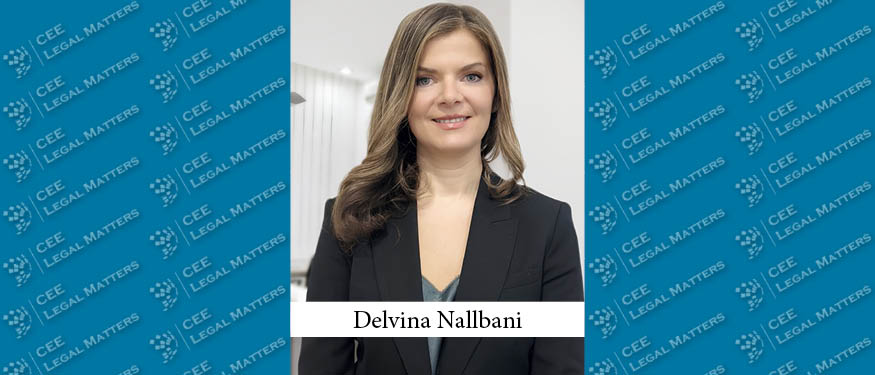“Among the biggest challenges in Belarus is the bureaucratic approach at all levels of state bodies that hinders new approaches,” says Olga Nikolaeva, Partner at Vlasova Mikhel & Partners in Minsk. “Officials’ abusive interpretation of the laws negatively affects business-related legislation too, even when we have norms.”
“It is hard to prove to state bodies that the law has to work the way it is written and not the way it is understood by officials,” Nikolaeva explains, although she notes that this it not a new problem in Belarus. According to her, a typical example is the confiscation of goods heading to Russia from Europe, where Belarus is a transit point. Much of the time, she says, the confiscation is based on what she describes as “insignificant violations” in documents — even though Belarus is a member of the Customs Union, which obligates the country of destination to deal with violations.
Still, there’s some improvement in the area, Nikolaeva says, pointing to the January 31, 2018 entrance into force of the amended Code of Administrative Violations, which now limits the number of cases when confiscation may occur. Still, she says, “the officials still interpret this legislation in their own way and continue confiscation as they did before.” While she says the new law should eventually have a positive effect, she believes the existing problem is not about a lack of regulation, but rather the benefits the officials seek. “Our customs bodies that are supported by courts look at seizing the goods as an opportunity to increase the state budget,” she says. “Therefore the interpretation of the legislation is done in a hurtful way with no connection to its real content.”
Switching to another topic, Nikolaeva gets more optimistic. “Belarus is going through a very interesting stage, as a group of new laws related to IT is in process.” She says the new legislation will allow foreign investors to establish new businesses in the IT field, and she adds that “if everything will be as we foresee in our optimistic plans, then Belarus will be an island of freedom in the IT field where it will be comfortable and easy to do business.” She admits that, as the legislation is under development, at the current stage it is hard to tell what to expect. “However, this is a huge step in the new direction in our modern world, and indeed it is a breakthrough.”
Nikolaeva comments on the increased interest of lawyers in the IT sphere too, and reports an increase in IT-related litigation. She sighs, adding that, “some of our judges do not know how to use computers, and for them to understand the meaning of the code for application is still challenging.” Yet, she believes, with repeated and frequent IT disputes, judges will eventually get acquainted with the area. In addition, she says, the IT sphere is very attractive to the younger generation of lawyers, who often get involved in such cases pro bono.

















